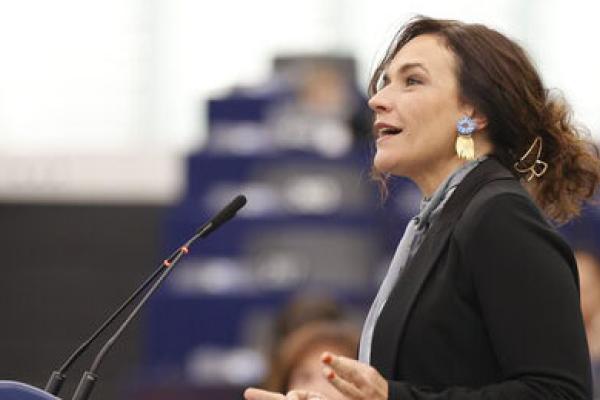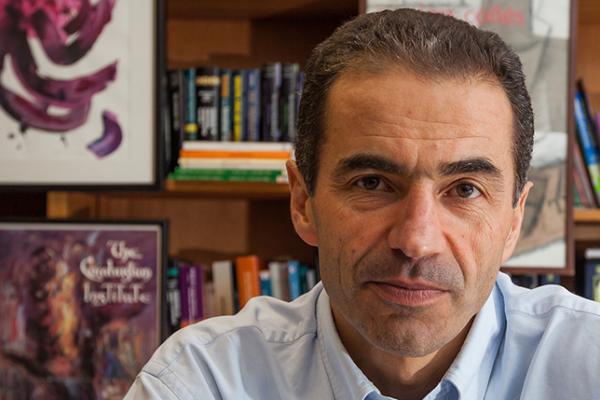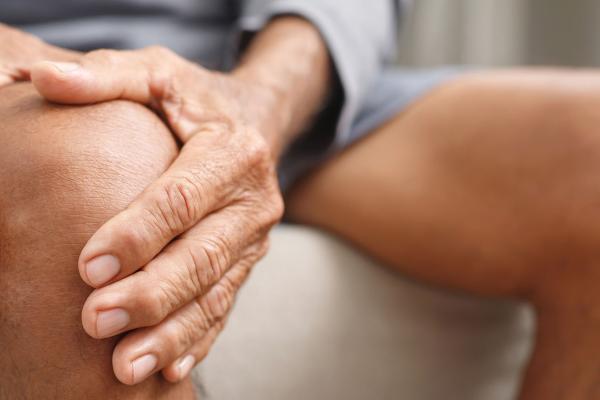European science: The next generation
This month we hear from the next generation of scientists and researchers in Europe about how they’re shaping the future, what they see as urgent research priorities to tackle global challenges, and the impact of the pandemic.
From biodiversity to how to make industry greener, and the digital divide to the future of work, our stories reflect some of the issues that will be under discussion at the European Commission’s annual Research and Innovation Days conference at the end of June. We look at the impact of Europe’s pandemic response on vulnerable populations, ask five young bioeconomy researchers what this economy really is and how we get there, examine what new business models mean for the future of work, and more.






